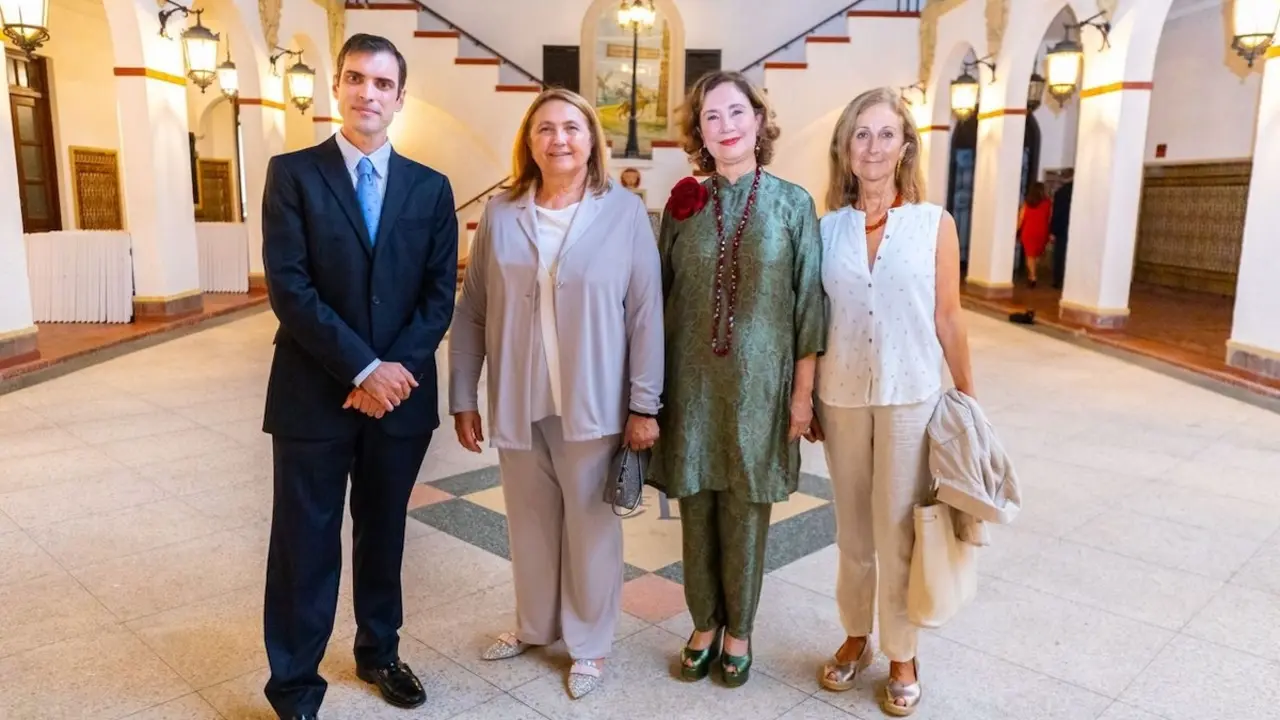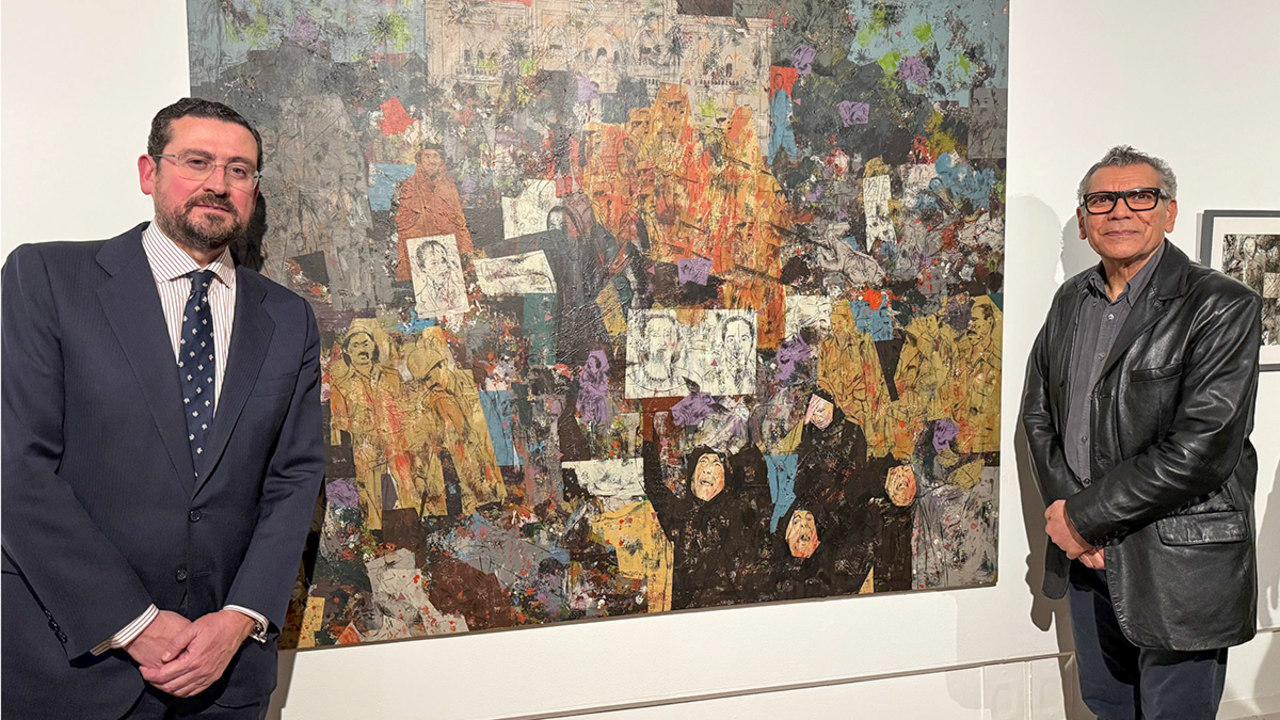The women of the Red Orchestra

What can motivate a human being to endure the most dreadful tortures, to risk his own life to the extreme and to overcome the worst hardships? Before we assume that all this can only be attributed exclusively to fanaticism, there were, in the past, which is still close to us, much more rational, i.e. human, motivations, imbued with a sacralised ideal of freedom. The rise of Hitler's National Socialism and its accelerated totalitarian drift found its counterpart in communism, whose exaltation of the new man and a supposedly egalitarian and happy society would be the very embodiment of paradise on earth.
In addition to the proletarians, a great many bourgeois and intellectuals around the world joined the cause of confronting Nazi totalitarianism, a spirit that was skilfully harnessed by Stalin and the Soviet Union to eventually bring minds and wills, convinced that this was their role and destiny in history, to their side on a universal scale.
The very experienced author of historical novels Jennifer Chiaverini offers us her latest work: 'The Women of the Red Orchestra'. Harper Collins Ibérica, 718 pages. An in-depth account of the women who managed to infiltrate the circles of power closest to Adolf Hitler, with the determined aim of destroying the Nazi regime. All of them flatly rejected the maxim 'kinder, küche, kirche' (children, kitchen, church), printed in Karld Friedrich Wilhelm Wander's 1870 Glossary of German Proverbs, but taken up by Hitler in 1934, before the National League of Socialist Women, arguing that for the German woman her 'world is her husband, her family, her children and her home', a policy he would reinforce by awarding the German Mother's Cross of Honour to women who had four or more babies.
The name Red Orchestra (Rote Kapelle) was not given to them by the GRU, the Soviet intelligence service, nor by the very organiser of the espionage network in Europe, the Polish agent Leopold Trepper, but by the German Gestapo, who, after detecting them, noted their perfect coordination and their skill as "pianists", in reference to their handling of the small radio transmitters with which they passed on the information obtained to Moscow.
The American Chiaverini uses four female narrators, the protagonists of her daring missions in recruiting members, organising and hosting secret meetings, gathering information crucial to the progress of the German-Soviet war, and, of course, acting as couriers, translating and copying texts, distributing pamphlets, hiding radios and other illegal equipment, as well as harbouring fugitives. All of these tasks, if discovered, could lead to atrocious tortures with a predictably no less tragic end. Chiaverini thus brings to the forefront the decisive work of women, hitherto much less appreciated than that of their male colleagues, but who were essential in the fight against injustice, totalitarianism and the crushing of the oppressed. 
They more than paid their tribute in blood, for of the 45 members of the Rote Kapelle who were condemned to death by the Nazi courts, 19 were women, whom Chiaverini rightly describes as courageous women, from all walks of life, not qualified spies or armed soldiers, but ordinary yet extraordinary women, who committed all they had and all they were to the fight against fascism, "so that evil would never again triumph on the face of the earth".
Those who survived tried to have their chief persecutor and torturer, Manfred Roeder, tried for his crimes. But by the time the Nuremberg officials turned the case over to German courts in October 1948, the Americans had already let him go. Geopolitics had changed things, so that the lacklustre investigation of Roeder's war crimes was suspended altogether in 1951.
In her notal ending, the author summarises the subsequent vicissitudes of her surviving protagonists. From the honoured Greta Kuckhoff in East Germany to the gradual disappointment of Martha Dodd Stern, who continued her pro-USSR activities in the USA and Mexico, but who, having fled and settled in Prague, dissipated the last remnants of her fascination with communism when the Soviet Union invaded Czechoslovakia.
In any case, she and almost all the members of the Red Orchestra firmly believed until the last moment of their lives that helping the Soviet Union against the Reich had been the right thing to do in terms of moral responsibility, at a time when most of the world had stood idly by, reluctant to intervene as Europe was hurtling towards disaster.
A novel that follows with enormous brilliance in the wake of Jennifer Chiaverini's previous works, such as 'Enchantrees of numbers' (2017), a more than interesting biography of the mathematician Ada Lovelace, or 'Fates and Traitors' (2016), the story of John Wilkes Booth, Lincoln's assassin, from her own perspective.









